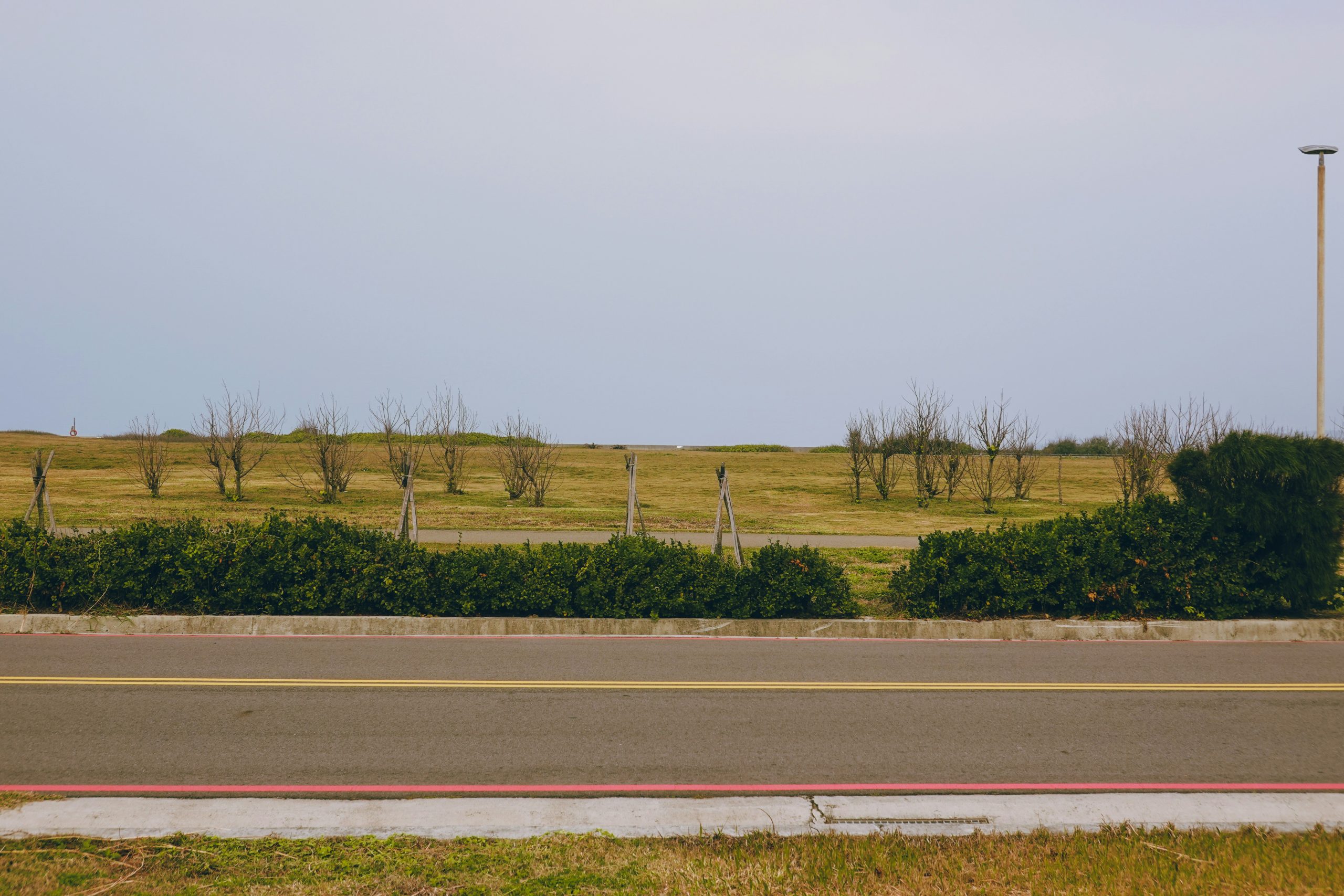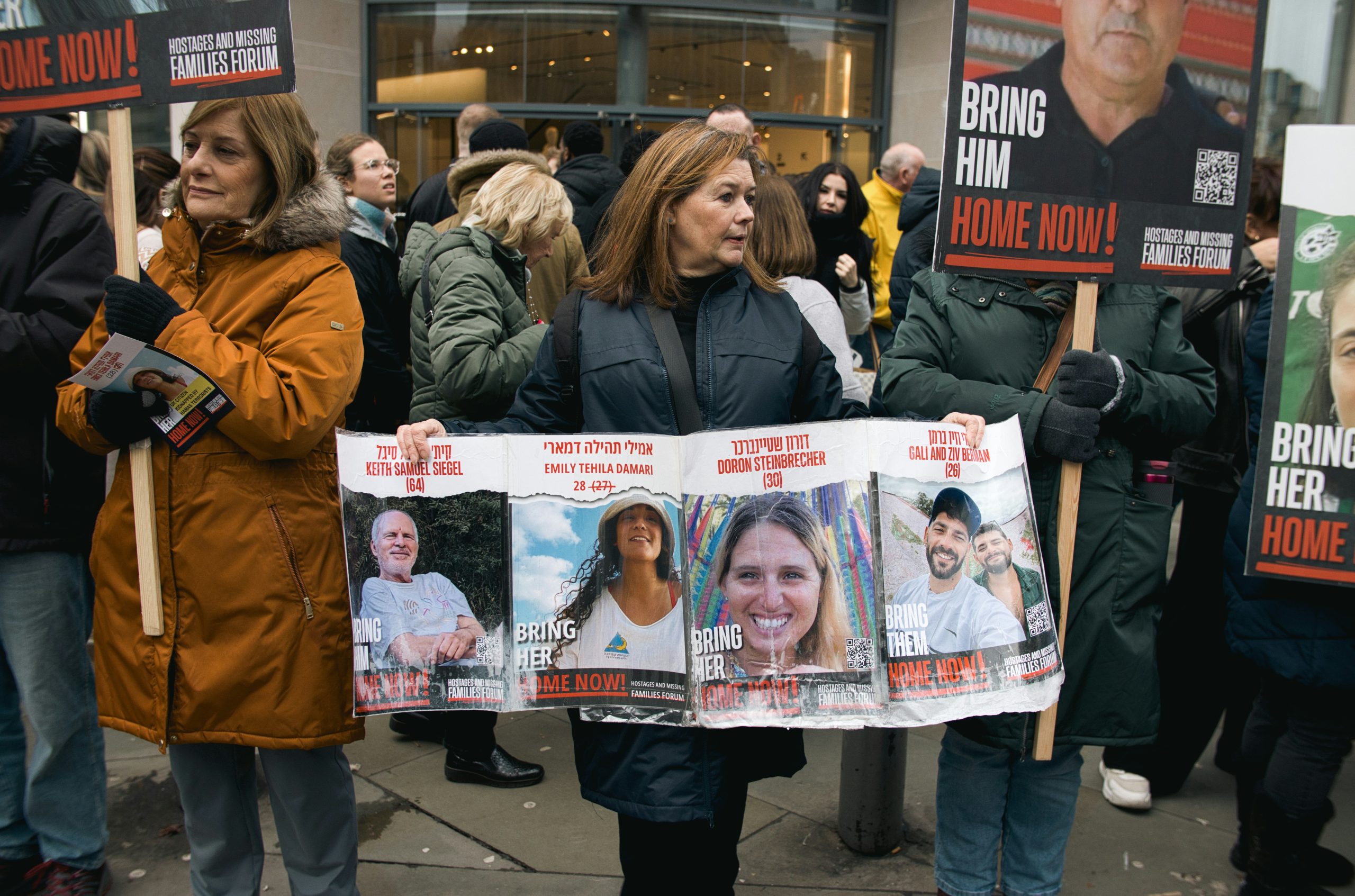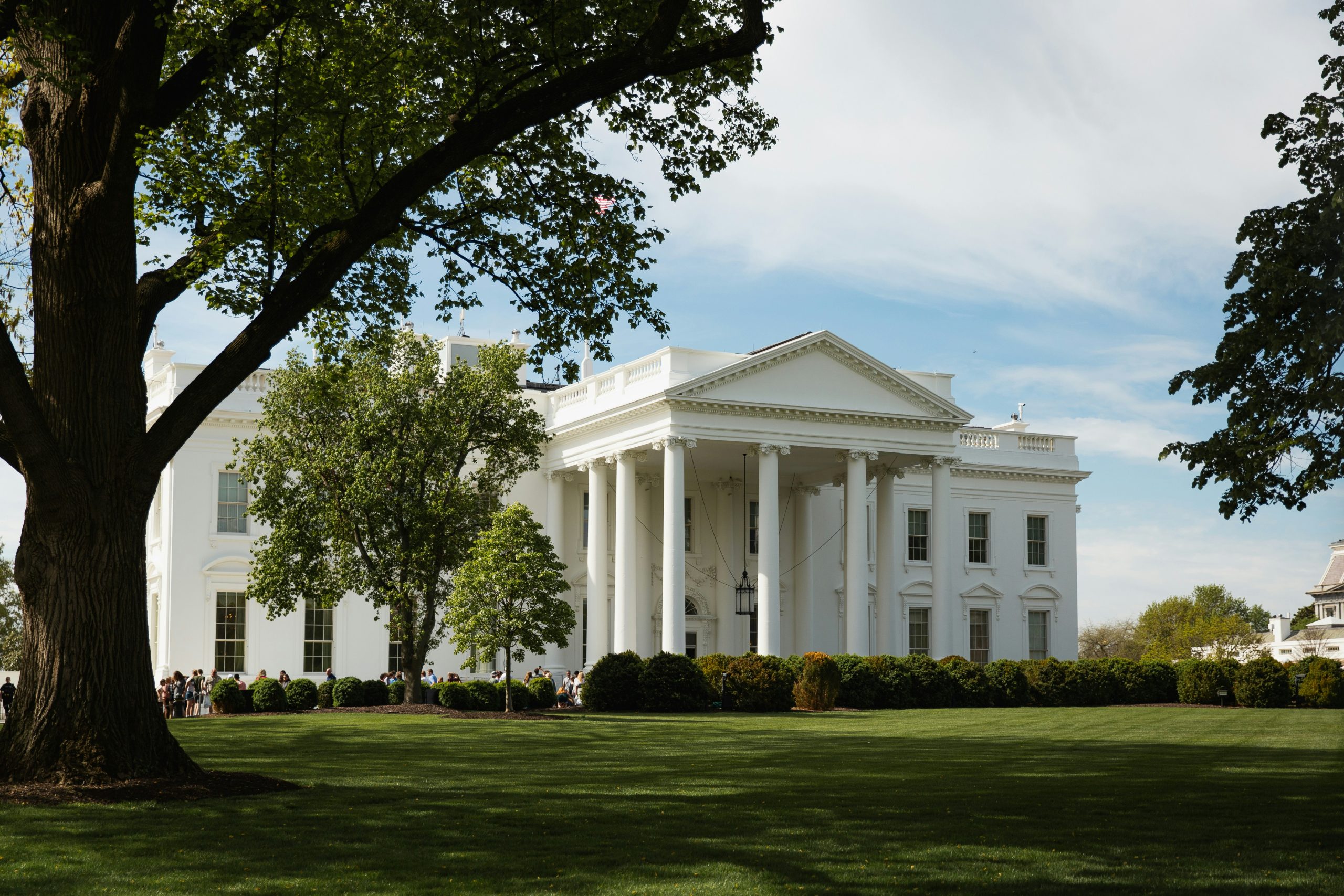Tensions Escalate as Iran Vows Retaliation Against Israel
In a rapidly unfolding situation that has captured global attention, Israel is preparing for potential military conflict as Iran and its ally Hezbollah threaten retaliation following the assassination of a prominent Hamas leader. The recent surge in hostilities has heightened fears of a broader regional conflict, with both sides gearing up for possible confrontation. Over the past few days, Iranian officials have made it clear that they hold Israel responsible for the death of the Hamas leader, signaling a commitment to avenge his assassination. This rhetoric has alarmed Israeli officials, prompting Prime Minister Benjamin Netanyahu to convene his security cabinet for urgent discussions on the nation's defense strategy. As the prospect of an Iranian assault looms, Israel is bracing itself for what could be a prolonged military engagement. Reports indicate that intelligence assessments suggest a multi-day attack may be imminent, with Israel's defense forces on high alert to respond to any threats from the north. The United States has also been closely monitoring the situation. Secretary of State Antony Blinken emphasized the importance of diplomatic measures to mitigate the escalation, urging G7 allies to exert pressure on Iran to avoid further violence. In a show of military readiness, the U.S. has redirected its naval assets to the region, reinforcing its commitment to regional stability amidst growing tensions. The potential for a military confrontation raises significant concerns about the humanitarian impact on civilians, particularly in Gaza, where the ongoing conflict has already taken a heavy toll. Observers warn that an all-out war involving Iran could shift the dynamics of the conflict dramatically, drawing in multiple actors and destabilizing the region further. As the situation unfolds, the eyes of the world remain fixed on the Middle East, with governments urging restraint and dialogue to prevent a catastrophic escalation of violence.











